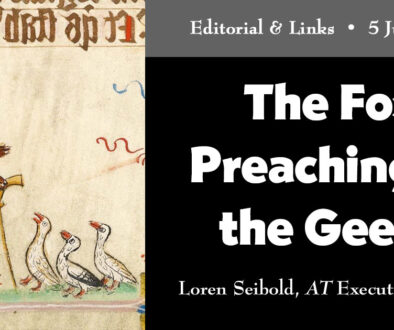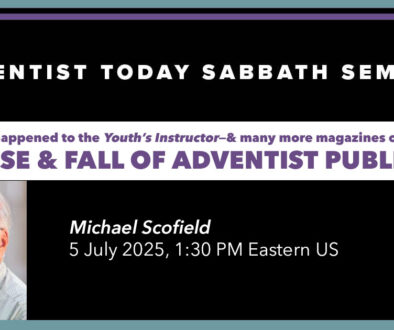Sharing Scripture for May 10 – 16
[symple_heading style=”” title=”Language, Text, and Context” type=”h1″ font_size=”40″ text_align=”center” margin_top=”0″ margin_bottom=”30″ color=”undefined” icon_left=”” icon_right=””]
This is a tool for you to use if you lead a Sabbath School (SS) class or small group. It is keyed to the Bible texts used in the current week’s Adult SS Lesson and includes a brief story from current news you can use to introduce the discussion and then a series of discussion questions in a relational pattern designed to build fellowship and spiritual reflection.
For use: May 10 – 16
Texts: Deuteronomy 32:46, 47; 1 Kings 3:6; Numbers 6:24-26; Genesis 1:26, 27; Genesis 2:15-23; 15:1-5
“If you’re confused … you’re not alone.” That’s the beginning of an online article by Lauren Rosenblatt of the Pittsburgh Post-Gazette.[1] Since the middle of March, the state of Pennsylvania has processed 70 percent of unemployment claims, but lots of people have yet to see a check pop into their bank account or mailbox. And they don’t know why.
“One of the major issues with the [unemployment] system both here and elsewhere is nothing is broken down in plain language, and if you’re unfamiliar with the system, you’re not going to know what any of that means,” said Julia Simon-Mishel, a supervising attorney for Philadelphia Legal Assistance, which helps Pennsylvania residents file for unemployment compensation. She explains the systems are a safety net, but that they “are really not set up to be as user-friendly as they need to be.”
That’s how some people feel about the Bible. Which is why we’re studying “Language, Text, and Context,” in this week’s Sabbath school lesson. We live in a time in which there are more translations of Scripture reaching more people in a variety of languages they can understand.
Even so, as we learn from Sunday’s lesson, translating Hebrew, Aramaic, and Greek words into English or any other language can be challenging.
For example, on Tuesday we discovered that Hebrew is a language that originally had no punctuation, so writers used other ways, like repetition, to communicate important points. Whether through a single word or a phrase, emphasis on a point can be made by repeating it three times.
Additionally, Bible verses, as Wednesday’s lesson explains, are set with a context. When we study what surrounds a given Bible verse, it adds clarity and definition to the message. And, as Thursday’s lesson points out, an entire Bible book provides a context and an overall message that sometimes can be lost when we try to single out a specific verse and “miss the forest for the trees.”
These are just some of the reasons why it’s important to study context and carefully look at other tools to open our minds to these deeper meanings.
The purpose of the Bible is to communicate how God has worked through history in Jesus to bring salvation to our world. If there are times you get confused, you’re not alone. Keep praying and studying, comparing Scripture with Scripture, carefully using other Bible study tools, and seeking insight from the Holy Spirit.
When it comes right down to it, you’ll learn that the most important messages of Scripture are given in plain language that everyone can understand.
[symple_divider style=”solid” margin_top=”20″ margin_bottom=”10″]
Connecting: Which book of the Bible do you find easiest to understand? Which book of the Bible do you find most challenging to understand?
Sharing: What do you do when you come across a difficult Bible passage? How do you discover the true meaning of a Scripture verse when it is unclear to you?
- Ask my pastor to explain it
- Pray
- Read the context around the Bible verse
- Use Bible study tools to dig deeper into its meaning (commentaries, concordances, Bible dictionaries, etc.)
- Acknowledge that there might be some difficult passages we may never fully understand until we get to heaven
- Other…
Applying: Find a difficult Bible verse and then call up (or email/text/Skype/Zoom) another class member and, together, try to find the deeper meaning of the passage.
Valuing: Have you ever wished some Bible passages were spelled out in plain language? Pray with one other person in your group (using technology if necessary) and ask God to open your mind to more fully understand the Scriptures.
~ Curtis Rittenour




